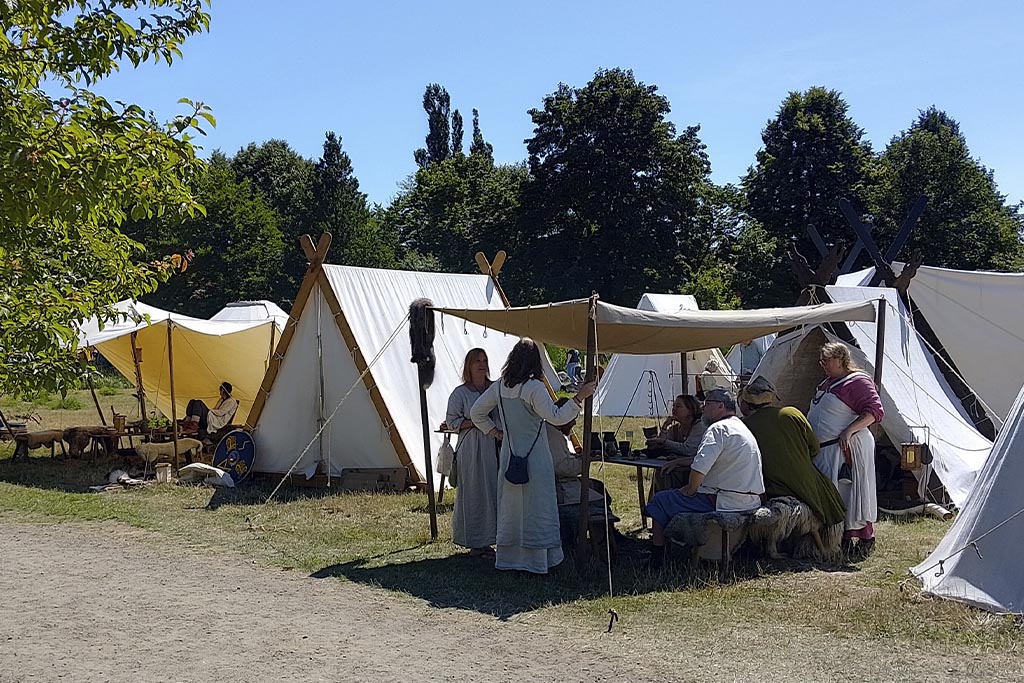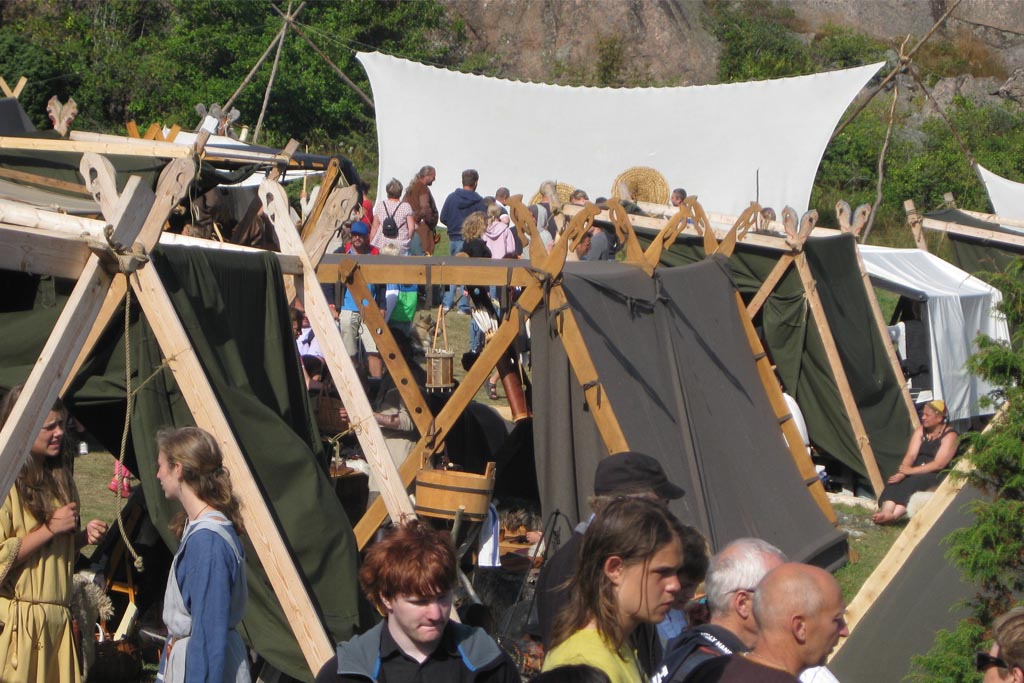If you happened to be an outsider in your community, in the Iron Age, and dreaming about getting the fuck out of there, you could be in luck if Vikings passed through town.
On the many long journeys down the Dnieper river the ships would often lose crew members, for a number of reasons, and they would be more than willing to substitute the lost personnel with a local outsider.
Numerous grave finds and further DNA testing reveal this, and the evidence is overwhelming.
Read the post about cardboard box archeology for more clarification.
Nothing suggests there has been a difference in ranks depending on origin.
To the Vikings ethnicity, nationality and religious loyalty made no sense, and the local outsiders have often been more than ready to adobt the Viking’s language and distinctive cultural character.

Most rulers in the late Iron Age and early medieval period were tyrants. If a group of Vikings would try to conquer an area, obviously some would see them as a much feared enemy, while others would look to them as liberators.
With a keen sense of locating the marginalized population and make new alliances 800 Vikings could occupy an entire country in a few months.
To potential allies the Vikings were known as fair, heroic, hospitable, and bringing with them this odd way of including everyone in the decision makings (ting, what today is known as a board meeting or a parliament).
To potential enemies the Vikings were known as bloodthirsty fearless maniacs, leaving nothing but ashes and raped dead bodies in their wake.
That’s two pretty good reputations to lay on the table; “You wanna be with us or against us? Just take your time…”
Viking graves in England, Ireland and Scandinavia contains skeletons of people who lived as Vikings, in a Viking dominated area, but clearly born and raised somewhere else, like present day Ukraine.
Their health throughout life has been good, and they way they were dressed suggests that they weren’t slaves, and never had been.
Around year 1000, with Christianity dominating, and the invention of the national state, the narrative of “ethnicity” surfaces, and the scene changes somewhat.

